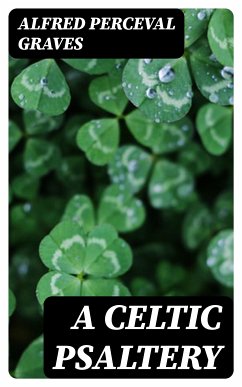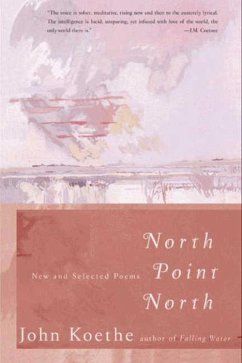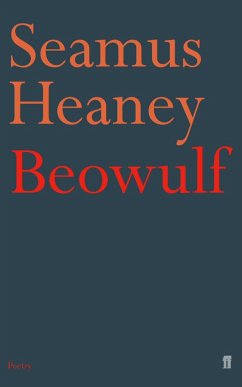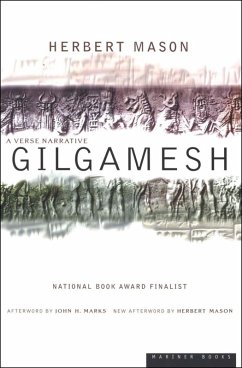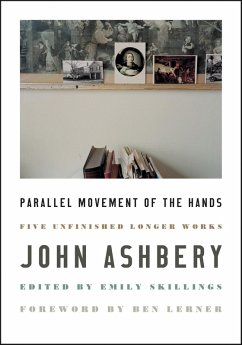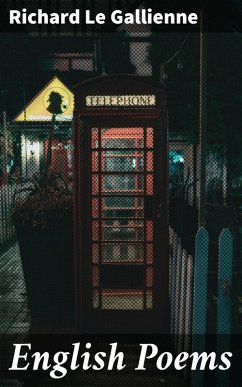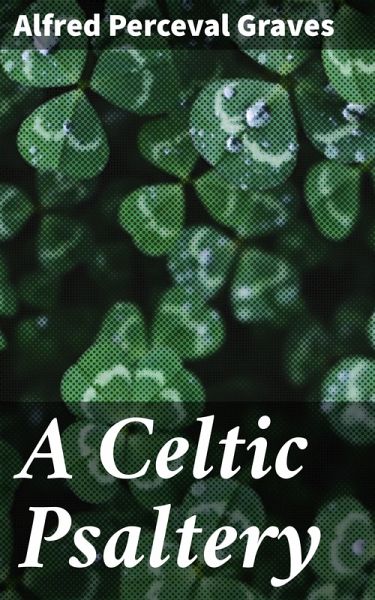
A Celtic Psaltery (eBook, ePUB)
Being Mainly Renderings in English Verse from Irish & Welsh Poetry
Versandkostenfrei!
Sofort per Download lieferbar
2,49 €
inkl. MwSt.
Weitere Ausgaben:

PAYBACK Punkte
0 °P sammeln!
In "A Celtic Psaltery," Alfred Perceval Graves weaves a rich tapestry of poetic forms that draw deeply from the wellspring of Celtic mythology and heritage. The collection exhibits a lyrical style, marked by vivid imagery and rhythmic precision, melding traditional themes of nature, spirituality, and the human experience. Through a blend of elegy, ode, and folk-inspired meter, Graves captures the essence of the Celtic spirit, reflecting both the landscape and the lore of Ireland in a manner reminiscent of the ancient bards. His work stands as a tribute to the musicality of the written word, al...
In "A Celtic Psaltery," Alfred Perceval Graves weaves a rich tapestry of poetic forms that draw deeply from the wellspring of Celtic mythology and heritage. The collection exhibits a lyrical style, marked by vivid imagery and rhythmic precision, melding traditional themes of nature, spirituality, and the human experience. Through a blend of elegy, ode, and folk-inspired meter, Graves captures the essence of the Celtic spirit, reflecting both the landscape and the lore of Ireland in a manner reminiscent of the ancient bards. His work stands as a tribute to the musicality of the written word, allowing readers to not only engage with the text but also to hear the melodies that echo through the verses. Graves, an esteemed poet and the son of the notable Irish poet Alfred Graves, was heavily influenced by the rich oral traditions and folklore of his ancestry. His profound connection to Celtic heritage, coupled with his studies in literature and his time spent in Ireland, informed his poetic sensibilities. The book is a culmination of his lifelong engagement with the myths and legends of Celtic culture, serving as both a homage and a reimagining of these timeless narratives. For readers drawn to the lyrical beauty of poetry interwoven with myth and cultural identity, "A Celtic Psaltery" is a remarkable work that invites exploration. It appeals not only to poetry enthusiasts but also to those seeking a deeper understanding of Celtic traditions through the lens of contemporary verse. Graves'Äô elegant language and evocative themes ensure that this collection remains a significant contribution to the literary landscape.
Dieser Download kann aus rechtlichen Gründen nur mit Rechnungsadresse in A, B, BG, CY, CZ, D, DK, EW, E, FIN, F, GR, H, IRL, I, LT, L, LR, M, NL, PL, P, R, S, SLO, SK ausgeliefert werden.




